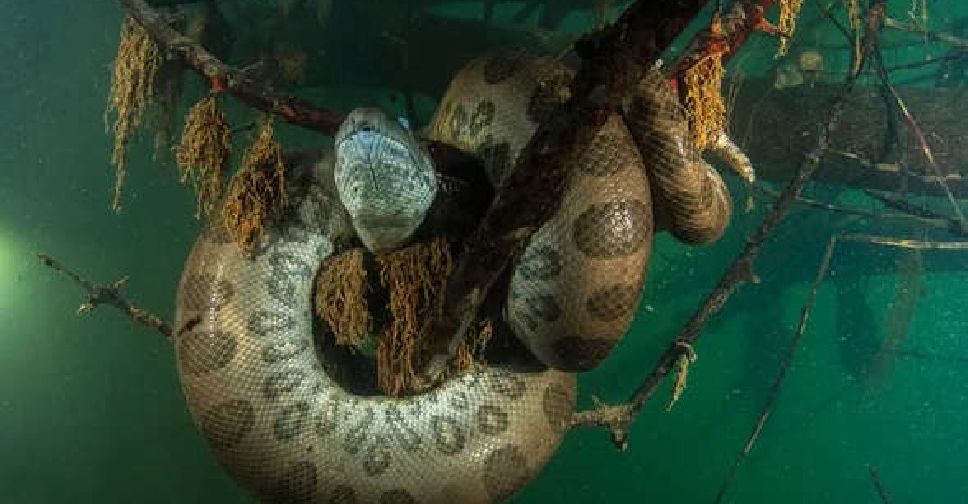
Researchers in the Amazon have discovered the world's largest snake species - an enormous green anaconda - in Ecuador's rainforest that split off from its closest relatives 10 million years ago though they still nearly look identical to this day.
A video shared online shows the scale of these 20-foot-long reptiles as one of the researchers, Dutch biologist Freek Vonk, swims alongside a giant 200-kilo specimen.
It was thought that there was only one species of green anaconda in the wild, the Eunectes murinus, but the scientific journal Diversity this month revealed that the new "northern green anaconda" belongs to a different, new species, Eunectes akiyama.
"What we were there to do was use the anacondas as an indicator species for what kind of damage is being done by the oil spills that are plaguing the Yasuni in Ecuador, because the oil extraction is absolutely out of control," researcher Bryan G. Fry said.
Fry - an Australian professor of biology at the University of Queensland who for almost 20 years has been investigating anaconda species found in South America - told Reuters the discovery allows them to show that the two species split from each other almost 10 million years ago.
"But the really amazing part was, despite this genetic difference, and despite their long period of divergence, the two animals are completely identical," he said.
Although green anaconda snakes are very similar visually, there is a genetic difference of 5.5 per cent, which surprised the scientists.
"Which is an incredible amount of genetic difference, particularly when you put it in the context that we're only 2 per cent different from chimpanzees."
Anacondas are incredibly useful sources of information for the ecological health of the area and the potential impacts on human health of oil spills in the region, Fry said.
Some of the snakes they studied in parts of Ecuador were heavily polluted by oil spills, and the anacondas and arapaima fish are accumulating a large amount of the petrochemical metals, he added.
"That means that if arapaima fish are accumulating these oil spill metals, that they need to be avoided by pregnant women, just like women avoid salmon and tuna and other parts of the world for fear of methylmercury," he said.



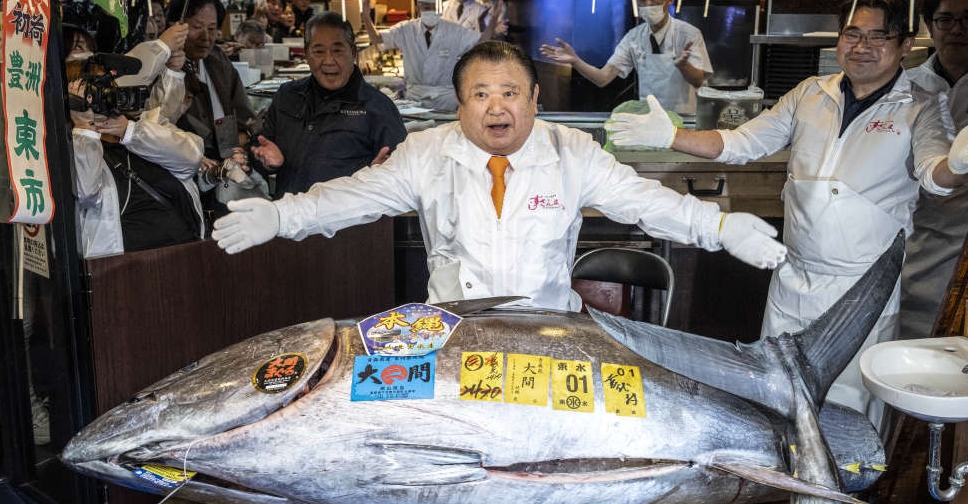 Popular Japanese sushi chain pays record $3.2 million for tuna in New Year auction
Popular Japanese sushi chain pays record $3.2 million for tuna in New Year auction
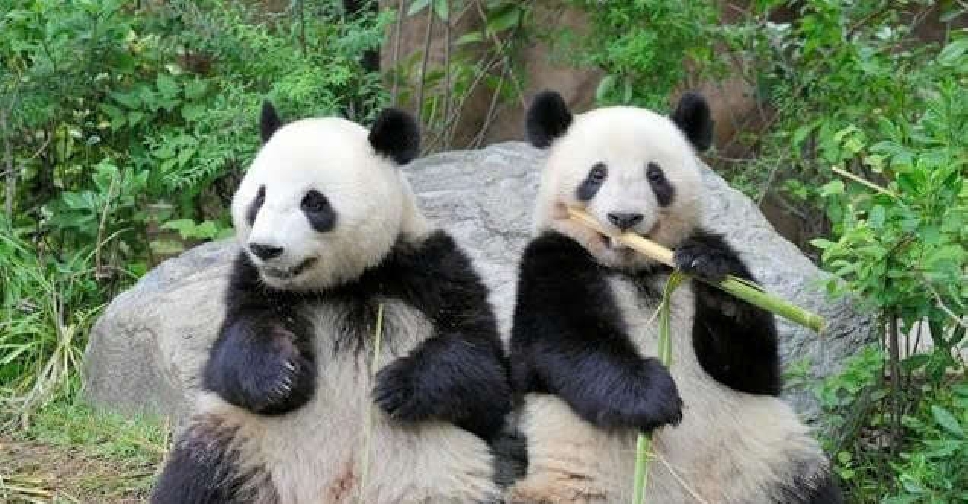 Japan's last two giant pandas are headed to China and fans just can't bear it
Japan's last two giant pandas are headed to China and fans just can't bear it
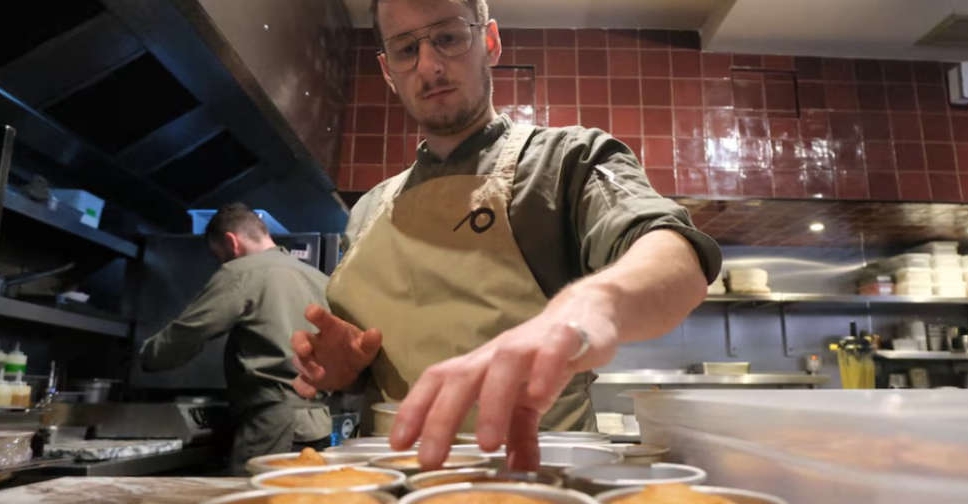 At Britain's first plant-based Michelin-star restaurant, most diners aren't vegan
At Britain's first plant-based Michelin-star restaurant, most diners aren't vegan
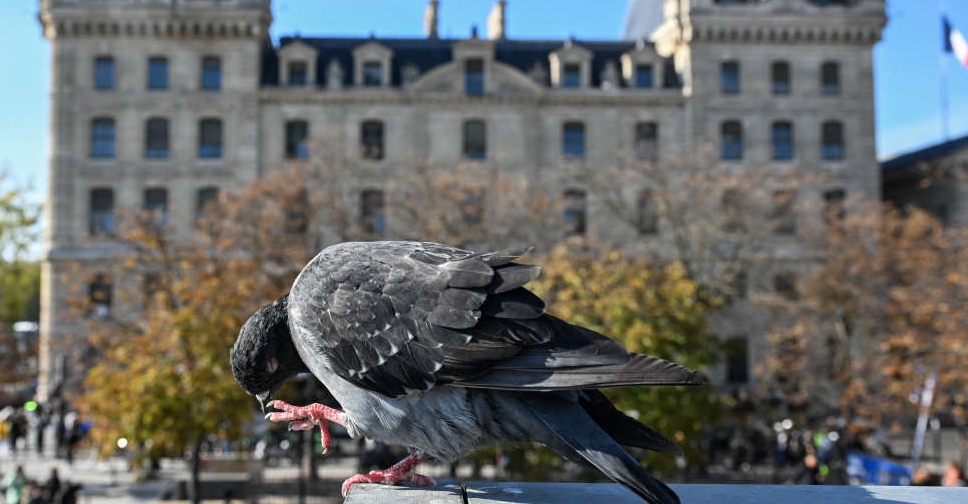 'No strings attached': Meet Paris' pigeon doctor
'No strings attached': Meet Paris' pigeon doctor
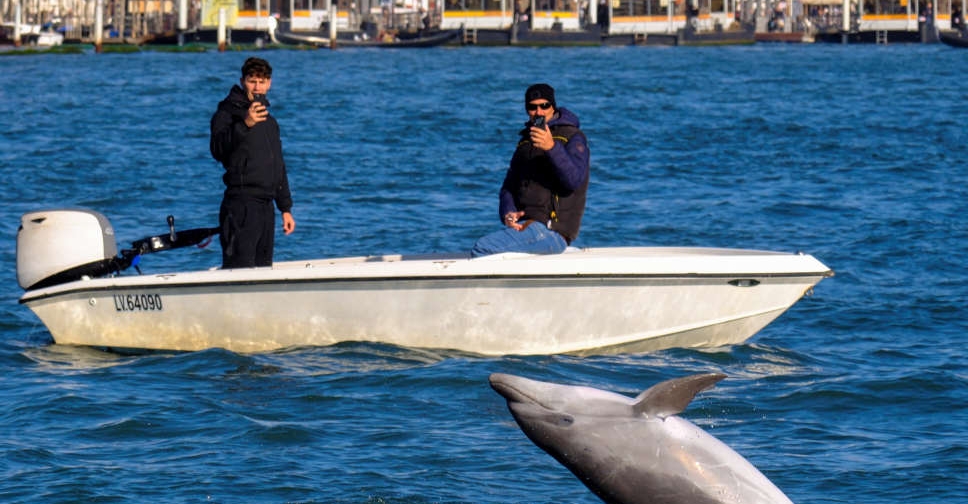 'Mimmo' the dolphin delights Venice tourists, worries experts
'Mimmo' the dolphin delights Venice tourists, worries experts







